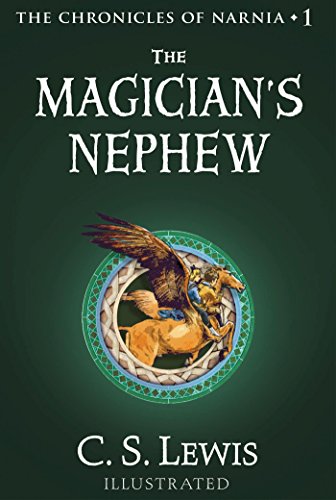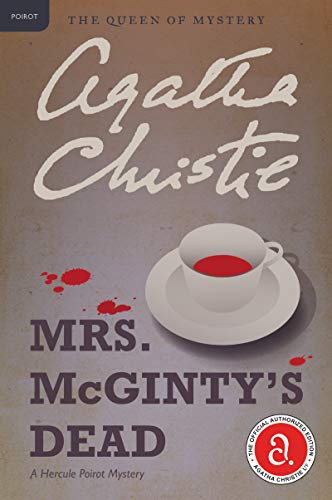In today’s Publetariat Dispatch, Publetariat looks at the copyright debate raging between two Slate columnists.
Over on Slate, a debate on the topic of the merits of copyright, as well as the ethical and moral implications of digital piracy, has been raging between Slate Business & Economics Correspondent Matthew Yglesias and author and literary scholar Caleb Crain.
In the first post in the series, Why Should We Stop Online Piracy? (subtitled “A little copyright infringement is good for the economy and society”), Yglesias posits:
“…even when copyright infringement does lead to real loss of revenue to copyright owners, it’s not as if the money vanishes into a black hole. Suppose Joe Downloader uses BitTorrent to get a free copy of Beggars Banquet rather than forking over $7.99 to Amazon, and then goes out to eat some pizza. In this case, the Rolling Stones’ loss is the pizzeria’s gain and Joe gets to listen to a classic album. It’s at least not obvious that we should regard this, on balance, as harmful.”
Read the rest of the post here.
In his rebuttal, Crain replies (with tongue only slightly in cheek):
“That’s quite a line of argument, and I don’t think Yglesias has really taken it as far as it could go. So let me take it from him, as it were, and go further. If I were to visit the Slate cafeteria, sit in Yglesias’ chair, and eat his lunch, it’s not as if the money that I failed to spend on a lunch of my own would vanish into a black hole. No! The economy will not suffer! Yglesias, after all, will have paid for the lunch I ate, and the money that I didn’t spend would still be in my pocket or my checking account or whatever. So I could take that money and spend it on, say, the new Shins album. Now I can afford vinyl! Flourish, Keynesian multipliers, flourish!”
Read the full rebuttal here.
Yglesias comes back with a counterargument, in which he attempts to—believe it or not—draw a parallel between Jesus Christ and online pirates:
“Crain thinks he shouldn’t steal my sauce. I agree. He thinks he shouldn’t pass my recipe off as his own invention, and I agree. But suppose he duplicated the sauce and used it to feed the poor—is that so wrong? When Christ performs the miracle of the loaves and fishes do we condemn him for depriving fishmongers of hypothetical income? I say that the man who learns to conjure pasta sauce out of thin air will be one of humanity’s greatest benefactors, even if he drives the Olive Garden out of business.”
Read Yglesias’ full counterargument here.
Not about to let it go, Crain returns with his own counterpoint essay:
“In my initial salvo, I pointed out that Yglesias had minimized the harm of copyright infringement with a rationale that could extenuate theft of any kind. Yglesias repeats the error in his reply. He describes copyright holders as monopolists who set high prices in order to maximize profits, thereby pricing some consumers out of the market…”
“But nearly all companies try to maximize profits when they set prices, and every price higher than zero excludes somebody. Suppose that Savor of the Savior tomato sauce sells for $4.99 a jar and I feel that eating it is only worth two bucks. Theft would help me get my hands on it. Would theft therefore be socially beneficial? Am I justified in stealing the goods of any company whose prices don’t suit my budget?”
Read Crain’s full counterpoint essay here.















